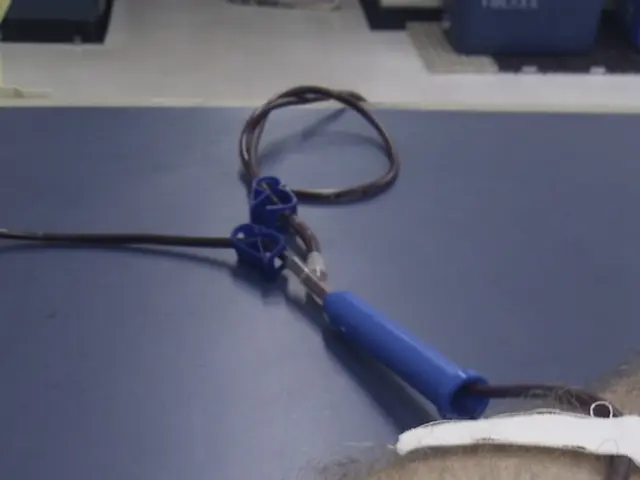Germany’s small businesses fight for survival as retail crisis deepens
Germany's retail sector is grappling with a severe downturn, with independent shops struggling to keep up. Vacant storefronts and dying high streets are common sights, as soaring costs and consumer focus on discounts take their toll.
The German Retail Association (HDE) reports that investment in the sector should be double the current amount to ensure a healthy retail environment. Major chains have recently invested around €20 billion in modernisation, logistics, digitalisation, artificial intelligence, marketing, and social engagement. However, industry experts argue that this figure should be around €40 billion for a thriving sector.
Non-chain retailers, once accounting for 22% of total sales fifteen years ago, now make up only 11%. Small, family-run businesses are particularly hard hit, with many fighting for their existence. Soaring costs, including rent, energy, and wages, along with declining foot traffic, are key drivers of the downturn. Consumers' increasing preference for discounts is also contributing to the disappearance of small shops.
The current state of Germany's retail sector is dire, with independent shops struggling to compete. To reverse this trend, investment in the sector must significantly increase, and consumers should consider supporting local, non-chain retailers to help revitalise high streets and protect small businesses.








